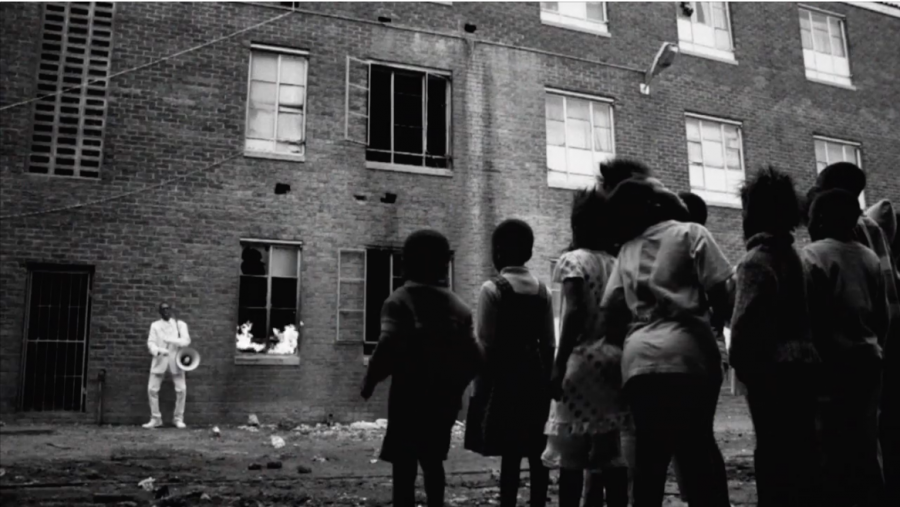Online streaming service to feature black cinema
November 7, 2016
Every month, film lovers head to Chicago’s South Side to view rarely seen black cinema with Chatham filmmaker Floyd Webb. Now, his brain child, an online TV streaming service, will bring instant access to all kinds of black cinema, more than once a month.
Webb’s monthly film series, Black World Cinema, started in 2005 and showcases rare historical black cinema followed by a discussion on the highlighted work. Webb, who has been in the filmmaking business for more than 30 years, decided to create an online streaming services after patrons and film lovers begged for easy-to-find content in one place. He officially launched Black World Cinema TV Nov. 6.
The streaming service will include original curated content that is public domain as well as rarely seen vintage films highlighting black culture and history from around the world, Webb said.
“There is a need for the type of channel that serves a niche market,” Webb said. “Black culture is global. Not only is black culture in America treasured, black culture is also cultural currency.”
Webb has worked internationally as a consultant in film programming for the Raindance Festival of Independent Cinema in London and the Zanzibar International Film Festival and used his global film connections to build content for the service. Black filmmakers from France, Cameroon, Senegal, Italy, China and the Caribbean will contribute their afrofuturism films, he said.
Other sections include Afro-American music, animation and documentaries, such as a political debate between black author James Baldwin and American conservative William F. Buckley in 1965 at Cambridge University.
“A lot of us don’t know that kind of discourse,” Webb said of the historic debate. “[BWCTV is] trying to create space for that title of work.”
The streaming service should not be compared to Netflix or Hulu, Webb said; however, like Netflix, BWCTV will be producing original content. Webb said the first documentary, titled “Loop 22 36” will be released in March 2017 focusing on gun possession and the second amendment in the black community.
The only difficulty with the streaming is sustaining the service independently, Webb said. The subscription currently costs $7.99 per month or $65 for one year. Webb said the service, which had a soft launch in September, has attracted more than 200 subscribers and is striving for 3,000.
Mary Morten, a Chicago filmmaker and activist familiar with Webb’s work, said the streaming service is vital for the black community and will foster new storytelling techniques. Morten, who is president of the social change counseling firm Morten Group, is known for her award-winning documentary “Woke Up Black,” which follows five young black individualsfor two years as they struggle with racial, educational and legal disparities in Chicago that the black community often faces.
“It’s very important we tell our own stories and there is not enough opportunity or access provided,” Morten said. “I am excited that [Webb] has taken this next step in creating a space for people of color like myself and others who will not only get exposure, but will dramatically increase the amount of material viewers have access to.”
Karla Fuller, an associate professor in the Cinema Art + Science Department, said this kind of media is necessary to correct the imbalance in the industry and combat the domination of white mainstream cinema. Because black culture has become integrated into popular culture, black cinema and BWCTV will attract a diverse audience, she said.
“Thinking that a minority or subgroup’s work would only be relevant to that group’s members limits it,” Fuller said. “The dominant, white media isn’t just limited to white people, so why would the opposite be true?”
The assumption that people collectively identified with white media is no longer the case, and may never have been the case, shesaid. She credits much of this to hip-hop music, which has crossed over culturally and globally.
“People identify with that African-American generated culture,” she said. “It’s a different age now, so black cinema has a far-reaching appeal worldwide.”








